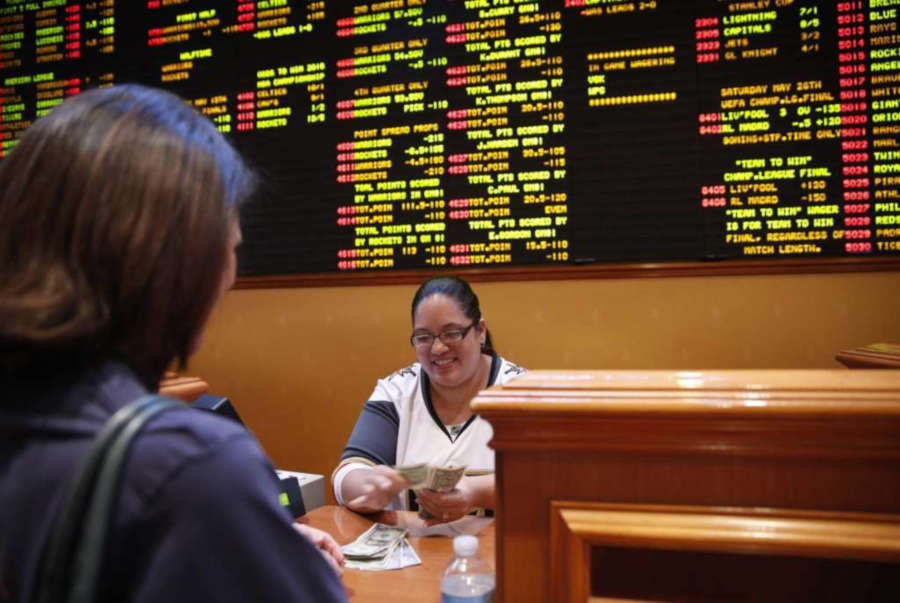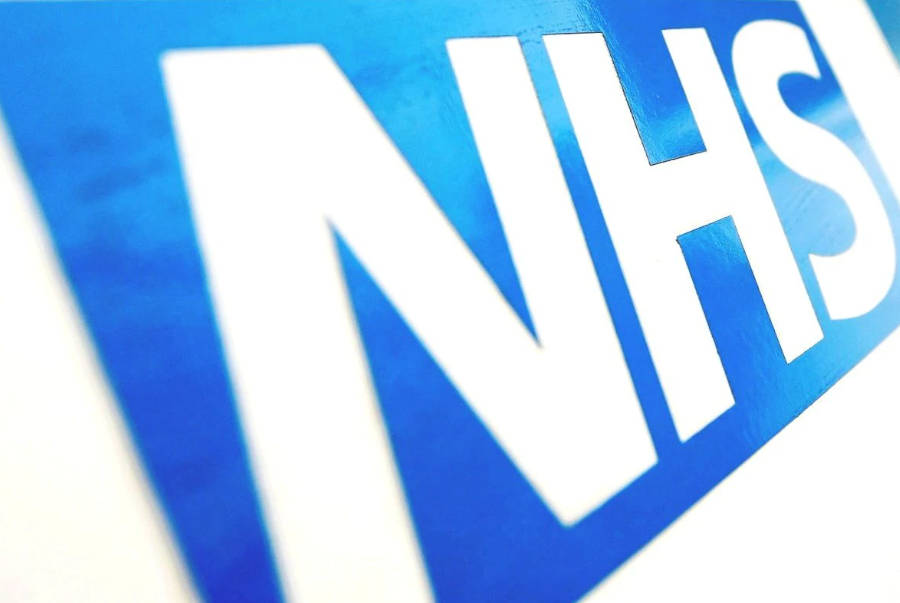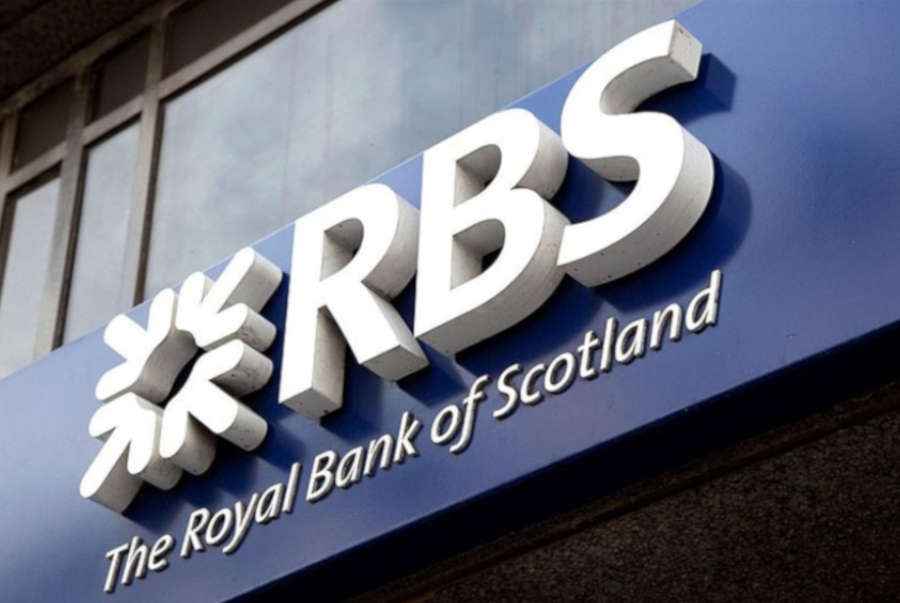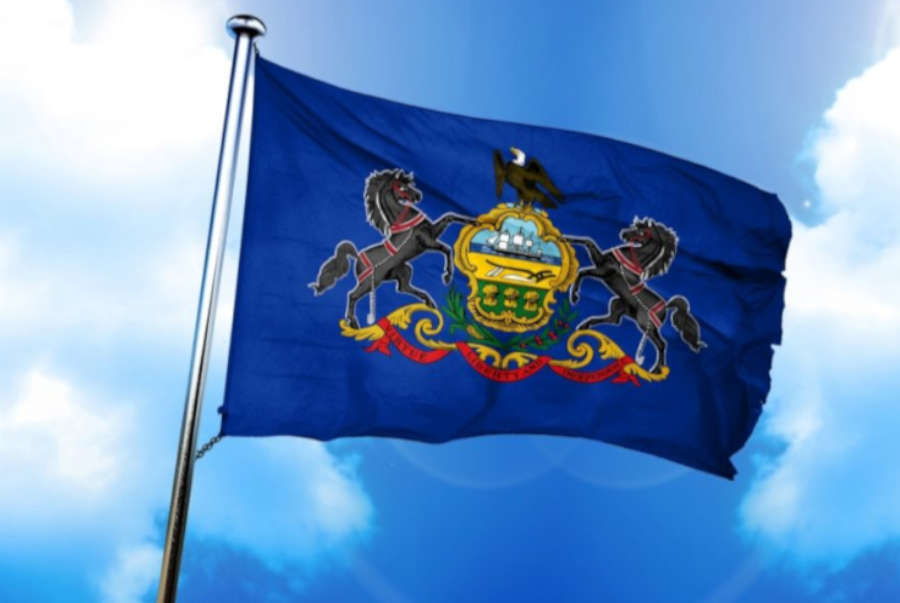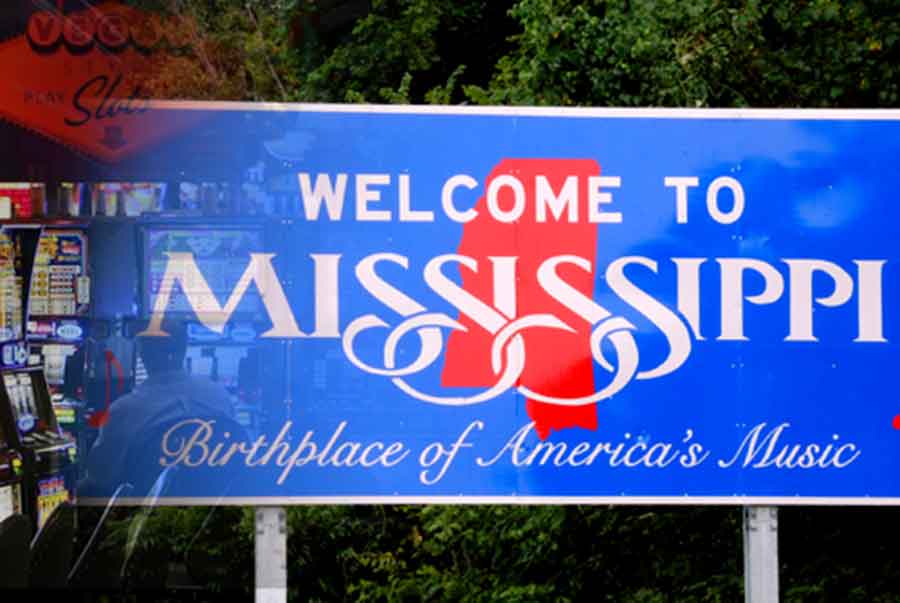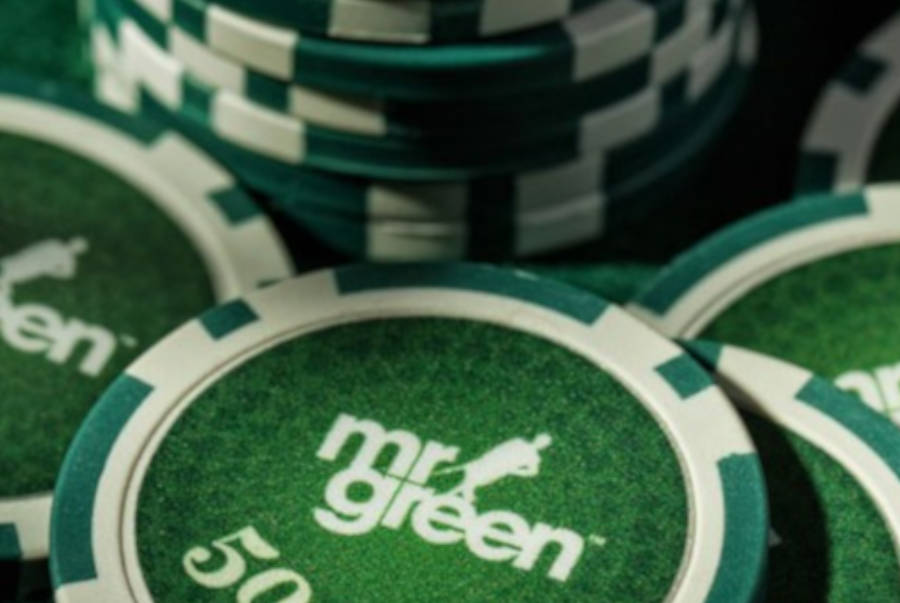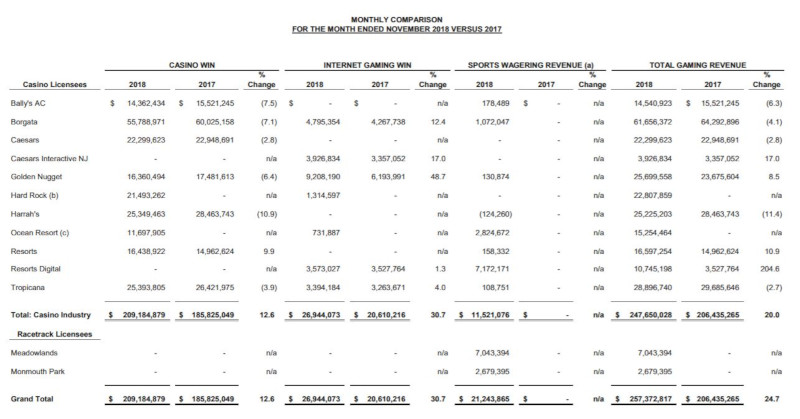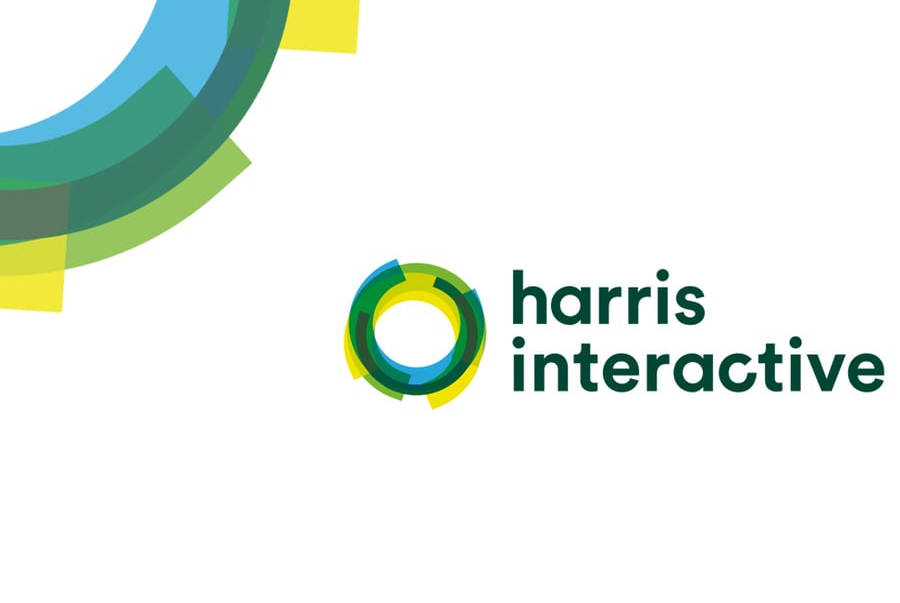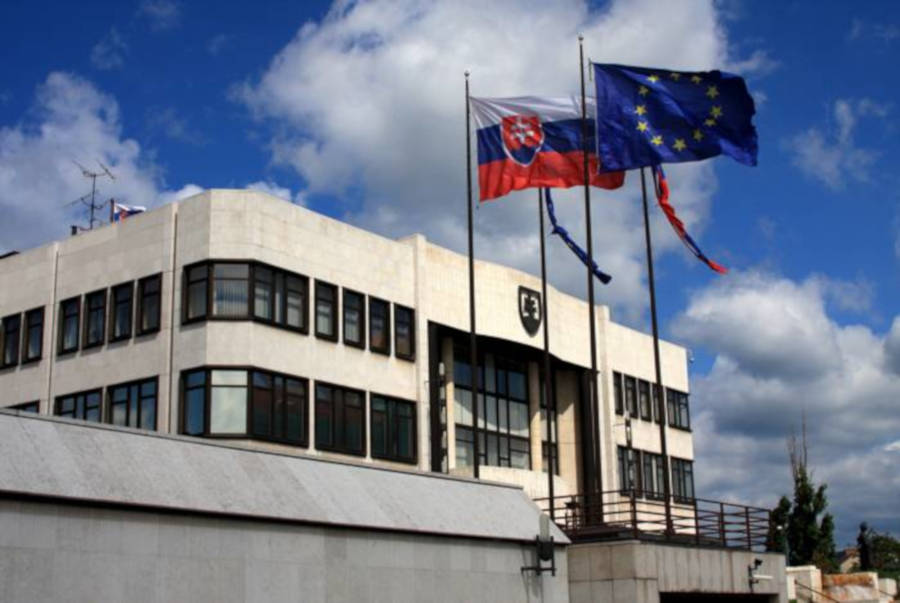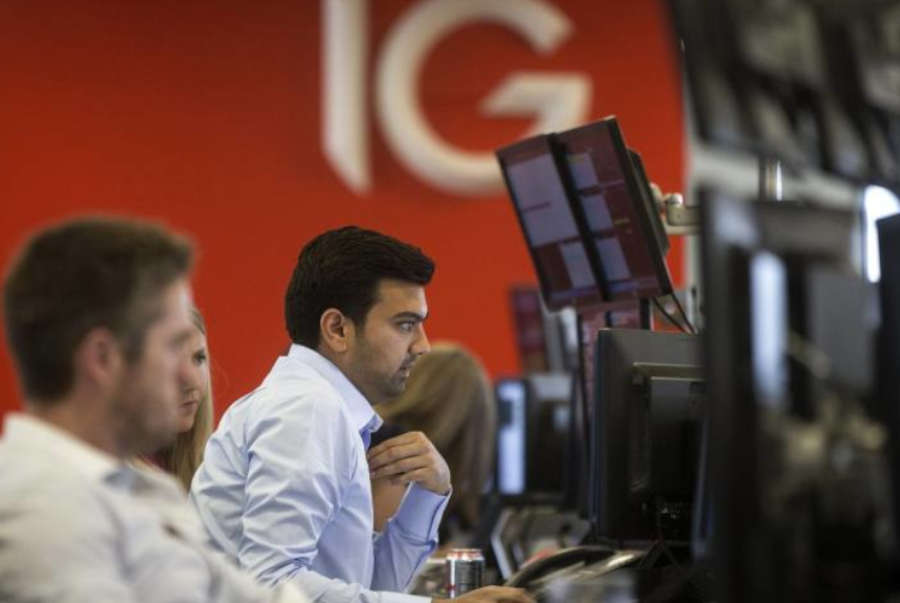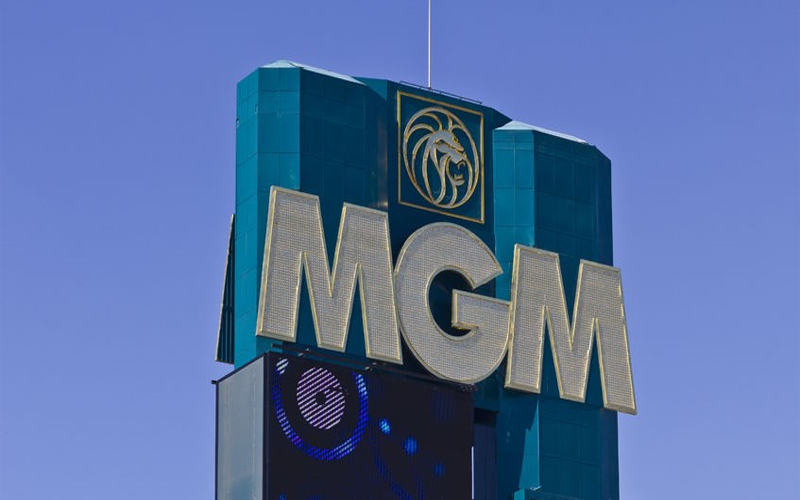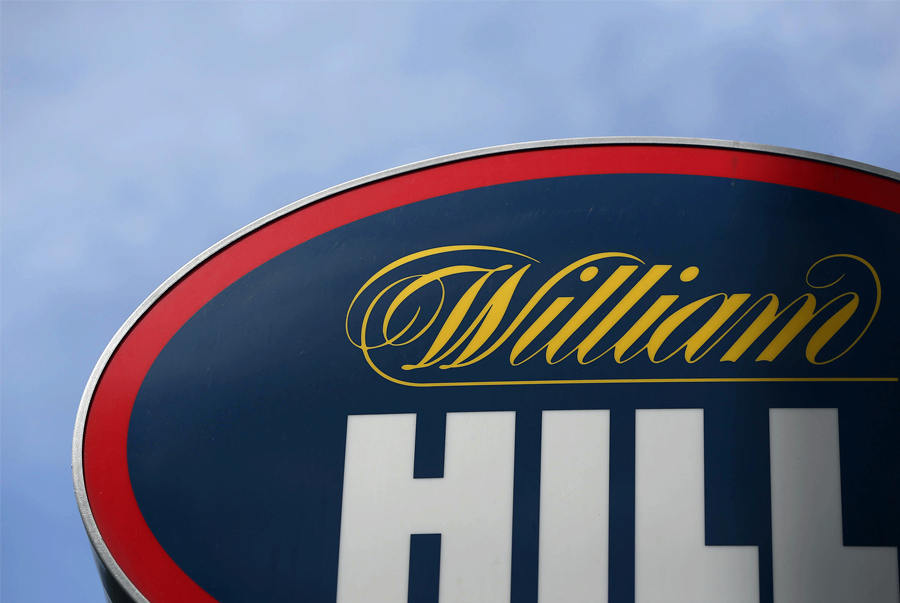- Mississippi’s win rate hits nearly 15% in December
- The state rakes in $6.2 million in the form of revenue
- Sports handle tumbles 6% in the last month of 2018
Mississippi’s Gaming Commission posted strong results for December, 2018. The total sports handle fell to $41.8 million, but the revenue increased several fold from November’s results.
Mississippi’s Sports Betting Handle Hits a Snag but Revenue Grows
Mississippi is isolated from sports betting states. Across the state’s border and beyond lie Kentucky and Missouri which have been making tepid attempts to debate the industry – to no success.
In a sense, Mississippi is mired down in a sports betting desert, but this hasn’t stopped the state from continuing and add to its total revenue.
Casinos had a field day in December according to experts, business leaders, backed by data from the Commission.
According to the latest available data, Mississippi has managed to bring in estimated $6.2 million in December alone.
This was a three-fold increase from November’s $1.7 million. Handled did take a modest setback, falling by 6%, but that was offset by the impressive revenue performance.
In publishing the news, the Mississippi Gaming Commission paid attention to several specific trends, notably:
- An overall increase in the win rates
- Expansion and development of coastal properties
- A strong NFL betting season
Win rate in the state increased to nearly 15%, allowing customers to benefit from their wagers the most. The overall rate was higher than most other states across the United States.
Casino Properties Back in the Game
Interestingly enough, coastal casino properties accounted for a larger percent of the total winnings, bringing in $3.8 million in revenue, a high-performance mark for the state, despite fears that the sector may not be sustainable. Coastal revenue in 2018 increased by 4% to $1.23 billion in 2018 from $1.19 billion previously.
Sports betting also produced interesting results in the period, with NFL bets totalling $4.4 million of the total handle staked on sports betting. Customers frequented 23 separate sportsbooks across the entire state to place their wagers.
Sports betting has also been cited as a palliative for the declining river casino businesses with Mississippi’s gamers seeing a new reason to return to these properties and place wagers.
Despite the renewal of interest, river casinos barely marked an uptick, conceding the bulk of new proceedings to the coastal properties.
So far as Mississippi doesn’t advance plans for online betting state-wide, casino properties should expect to turn a decent profit.
